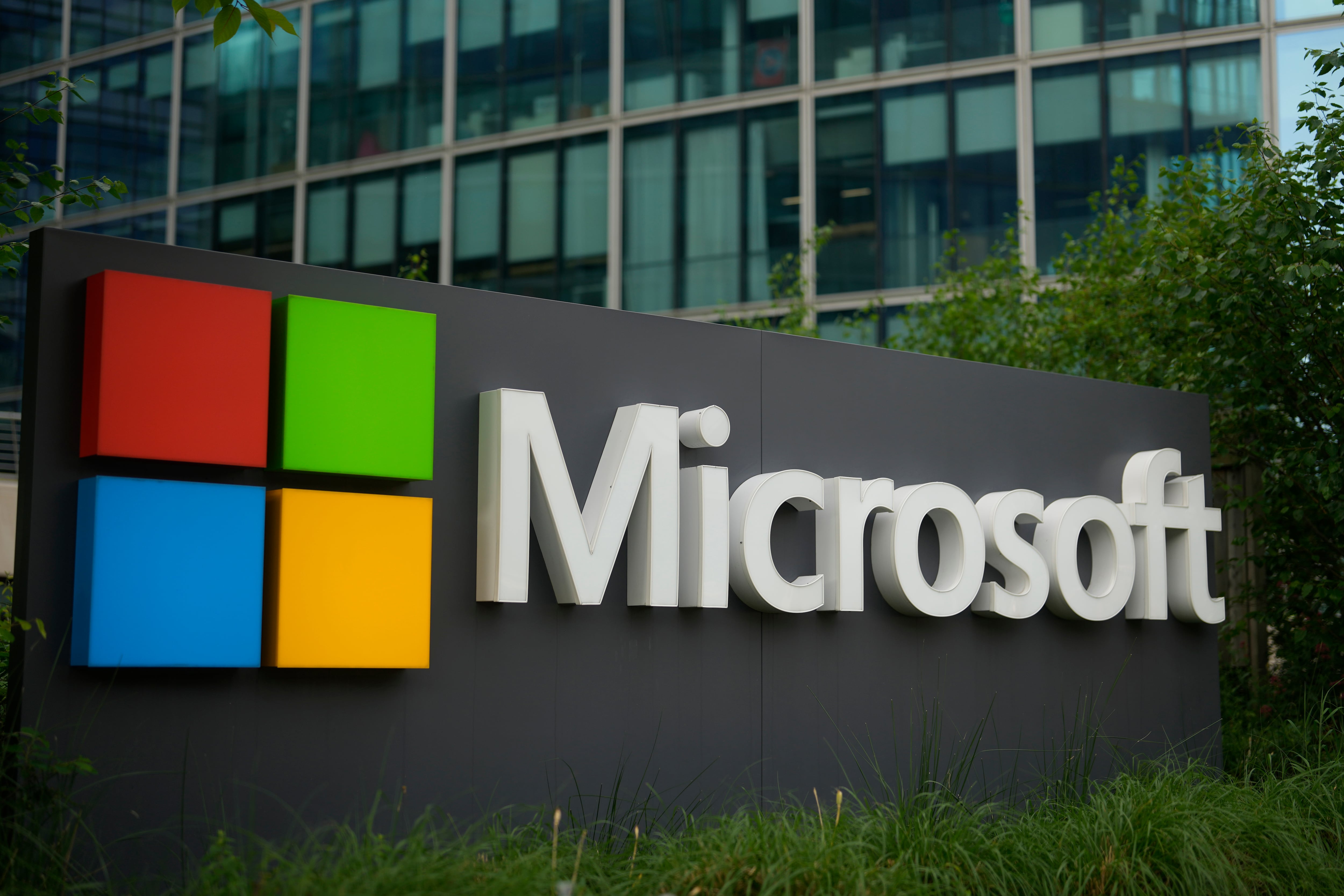By Jamey Keaten and Courtney Bonnell
Credit Suisse violated a plea agreement with U.S. authorities by failing to report secret offshore accounts that wealthy Americans used to avoid paying taxes, U.S. lawmakers said Wednesday, releasing a two-year investigation that detailed the role employees at the embattled Swiss bank had in aiding tax evasion by clients.
The U.S. Senate Finance Committee pointed to an ongoing, possibly criminal conspiracy tied to nearly $100 million in accounts belonging to a family of American taxpayers that the bank did not disclose. It also said Credit Suisse helped a U.S. businessman hide more than $220 million in offshore accounts from the IRS.
Credit Suisse revealed that it had found 23 accounts each worth more than $20 million that were not declared to tax authorities, many of them unveiled just days before the report was released, according to the committee. It said its findings show that more than $700 million was concealed in violation of the bank's 9-year-old plea deal with the U.S. Justice Department.
“Credit Suisse got a discount on the penalty it faced in 2014 for enabling tax evasion because bank executives swore up and down they’d get out of the business of defrauding the United States,” said Sen. Ron Wyden, the Democratic chairman of the committee.
“This investigation shows Credit Suisse did not make good on that promise, and the bank’s pending acquisition does not wipe the slate clean,” he said.
The Swiss government pressed for a $3.25 billion takeover of long-troubled Credit Suisse by rival bank UBS this month amid turmoil in the global financial system. The collapse of two U.S. banks ignited wider fears that sent shares of Switzerland’s second-largest bank tumbling as customers withdrew their money.
The Senate findings pose new problems for UBS as it tries to absorb Credit Suisse and create a single Swiss megabank, coming the same day that UBS named a new CEO to help push through the takeover. It's also Credit Suisse's latest run-in with U.S. authorities, following settlements worth hundreds of millions of dollars over mortgage-backed securities that were behind the 2008 financial crisis.
Credit Suisse, whose yearslong troubles range from hedge fund losses to fines for failing to prevent money laundering by a Bulgarian cocaine ring, said it “does not tolerate tax evasion” and insisted that the Senate report described “legacy issues” — some dating to a decade ago — that have been addressed since.
“We have implemented extensive enhancements since then to root out individuals who seek to conceal assets from tax authorities,” the Zurich-based bank said.
“Our clear policy is to close undeclared accounts when identified and to discipline any employee who fails to comply with bank policy or falls short of Credit Suisse’s standards of conduct,” it said.
UBS said it has assessed outstanding lawsuits and investigations as part of the Credit Suisse acquisition and expects the deal to be beneficial for shareholders. It's working to close the sale and get approval from regulators in the coming weeks or months.
The Senate report noted Credit Suisse’s cooperation with the investigation, including having appointed new leadership.
The Swiss lender paid a discounted fine of $1.3 billion to the U.S. Justice Department after pleading guilty in 2014 to conspiracy to aid and assist U.S. taxpayers in filing false income tax returns and other documents with the IRS.
The bank acknowledged “knowingly and willfully” helping thousands of Americans open accounts that weren't declared to tax authorities and concealing offshore assets. It avoided criminal charges in exchange for agreeing to report undeclared accounts and provide other information to U.S. officials.
The Senate committee said secret offshore accounts belonging to a family of dual U.S.-Latin American citizens and worth nearly $100 million were closed in 2013 but the money was transferred to other banks without telling U.S. authorities.
With that maneuver, "Credit Suisse enabled what appears to be potentially criminal tax evasion by a client to go undetected for almost a decade," the report says.
The committee said former senior bankers helped manage that family's accounts. In addition, Credit Suisse employees helped a U.S. businessman hide $220 million from U.S. authorities despite long knowing he was an American, according to the report, which said whistleblowers flagged the scheme after the plea deal.
Credit Suisse workers were incentivized to help accounts hide U.S. ties because their bonuses depend on the amount of money being managed, the report said. To that end, employees who had clients with assets above $20 million or $30 million may have given those accounts special consideration because it would mean they got larger bonuses, the committee said.
Investigators say bankers figured out how to code accounts for Americans who possess dual citizenship. Those bankers would use the non-U.S. passport of wealthy individuals to evade internal systems designed to look for identifying marks in U.S. passports.
Lawmakers on the committee became aware of 13 out of 23 potentially undeclared accounts worth over $20 million just days before releasing their report. That raises concerns Credit Suisse is still disclosing hundreds of millions of dollars in large, undeclared accounts belonging to ultra-wealthy Americans years after signing the plea deal and facing additional scrutiny, the committee said.
___
Bonnell reported from London. AP reporters Michelle Chapman and Charles Sheehan in New York contributed.
UPDATES: Updates with UBS comment.












